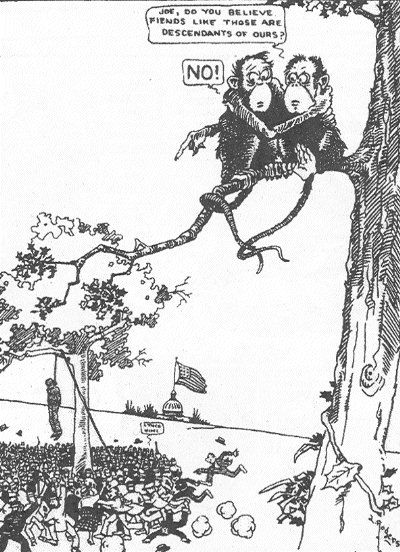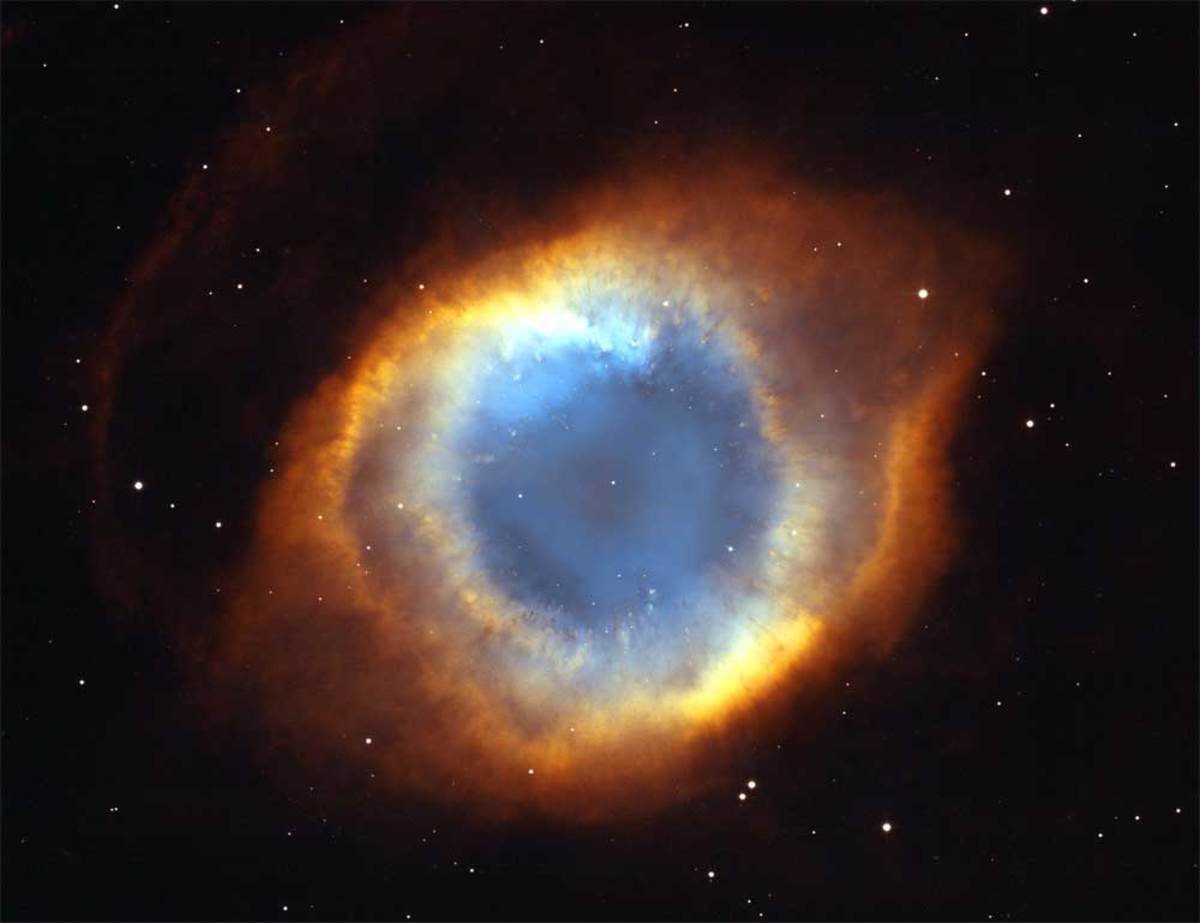We Are All Animals

The Importance of Recognizing What We Humans Are
I have spent much of my life operating under the assumption that human beings should be rational, ethical, and concerned about the welfare of their fellow humans. This is why I have also spent much of my life having a low opinion of the human race. People (including myself) of the past and present consistently fail to live up to my expectations.
Part of the problem, however, is that I am as irrational as everyone else. These lofty expectations of mine, after all, have little basis in reality. Why should humans be smart, noble, and filled with compassion? When has the earth - a planet where the survival of all living things is only made possible through the death of other living things - ever produced creatures concerned with the general well being of the members of their species or of the world as a whole? We should not be surprised that humans are dying every day from things like starvation, disease, and violence. If anything, we should be surprised that all of this death and suffering is not even worse.
Many people are offended by the notion that humans are animals, primates with a small amount of body hair but much larger than average brains. Sure, we have used these large brains to do remarkable things, particularly over the past few centuries. Humans have cured diseases, invented all sorts of cool stuff that enhances our lives, and carried out at times remarkable acts of altruism. But we have also carried out countless barbaric acts against our fellow humans and against all sorts of other creatures. Especially when we feel that our survival is on the line, our actions are no more sophisticated than all of the other animals that have ever walked the earth. (The only difference is that our big brains have made us extremely effective killers.)
Regardless of one's religious views, all of us have to admit that on a purely biological level, we are just animals with unusually large brains. Underneath that veneer of sophistication, we are driven by the same primal impulses as all other creatures. In the end, we want basic things like food, sex, and shelter. Everything else is basically details.
So in spite of those big brains, we carry a lot of evolutionary baggage. Qualities and traits that served us well when we were wandering around in small clan groups hunting and gathering in order to survive may not always serve us so well when living in a modern industrial society. All of our evolution over the past few thousand years has been cultural rather than biological. While many of us may be highly educated and "civilized," we are biologically little different from humans 10,000 years ago. And it is possible that a failure to acknowledge and deal with our animalistic natures could ultimately do us in. Due to some of our remarkable innovations, our capacity to do damage is far greater than ancient hunters and gatherers scrounging for survival could ever do.
I don't think that things are hopeless for us humans. I'm not predicting some sort of a post-apocalyptic future. We have demonstrated a remarkable ability to adapt and innovate, and possibly our greatest asset is that we are inherently social creatures programmed to work with others in order to improve our chances for survival. The problem is that we also have an instinctive tendency toward tribalism. In recent years, in fact, people in modern industrial societies seem to be drifting back toward tribalism, with nativists and nationalists arguing that their countries are under siege from foreigners who are stealing their jobs and threatening their cultural heritage. Hopefully, enough humans have the capacity to develop a broader definition of "tribe" in order to counteract the instinct to view the world in simplistic us versus them terms.
If the "best and brightest" among us are going to lead us toward a better world, they will need to do more than just appeal to the "better part of our natures." They need to study how our animalistic brains operate in the hopes of directing humans to think and behave in ways conducive to our continued survival and prosperity. It may sound arrogant and even manipulative for smart people to use behavioral science in order to influence the general public. But the simple fact is that humans are going to be influenced and manipulated by other people. And if educated, ethical people just sit back and hope that humans will choose to do the right thing, then people with more questionable motives will gladly exploit those primal fears and desires that are an essential part of being human.
Finally, a recognition of our animalistic natures should lead us all to cut our fellow humans a little more slack. There is no sense in getting constantly irritated with every human flaw. Getting mad at humans for sometimes behaving irrationally is like getting mad at a dog for not being able to talk or do math. We cannot help being what we are.
So if humans want to be more than an evolutionary fluke that had a good run for a few thousand years and then disappeared from the scene (taking a bunch of other species with us), then we may need to talk a bit less about what we should be and start focusing more on understanding the animals that we actually are.








